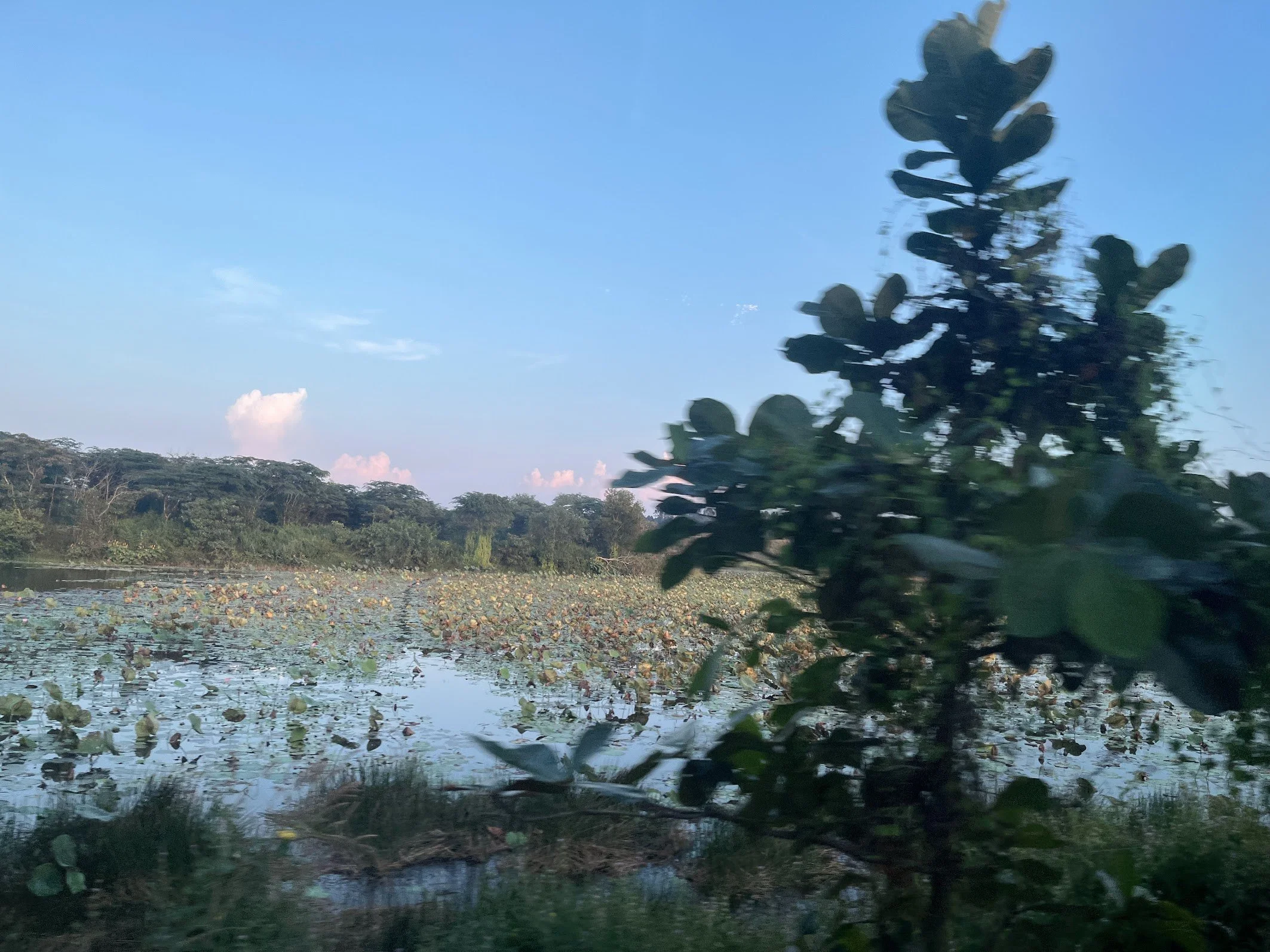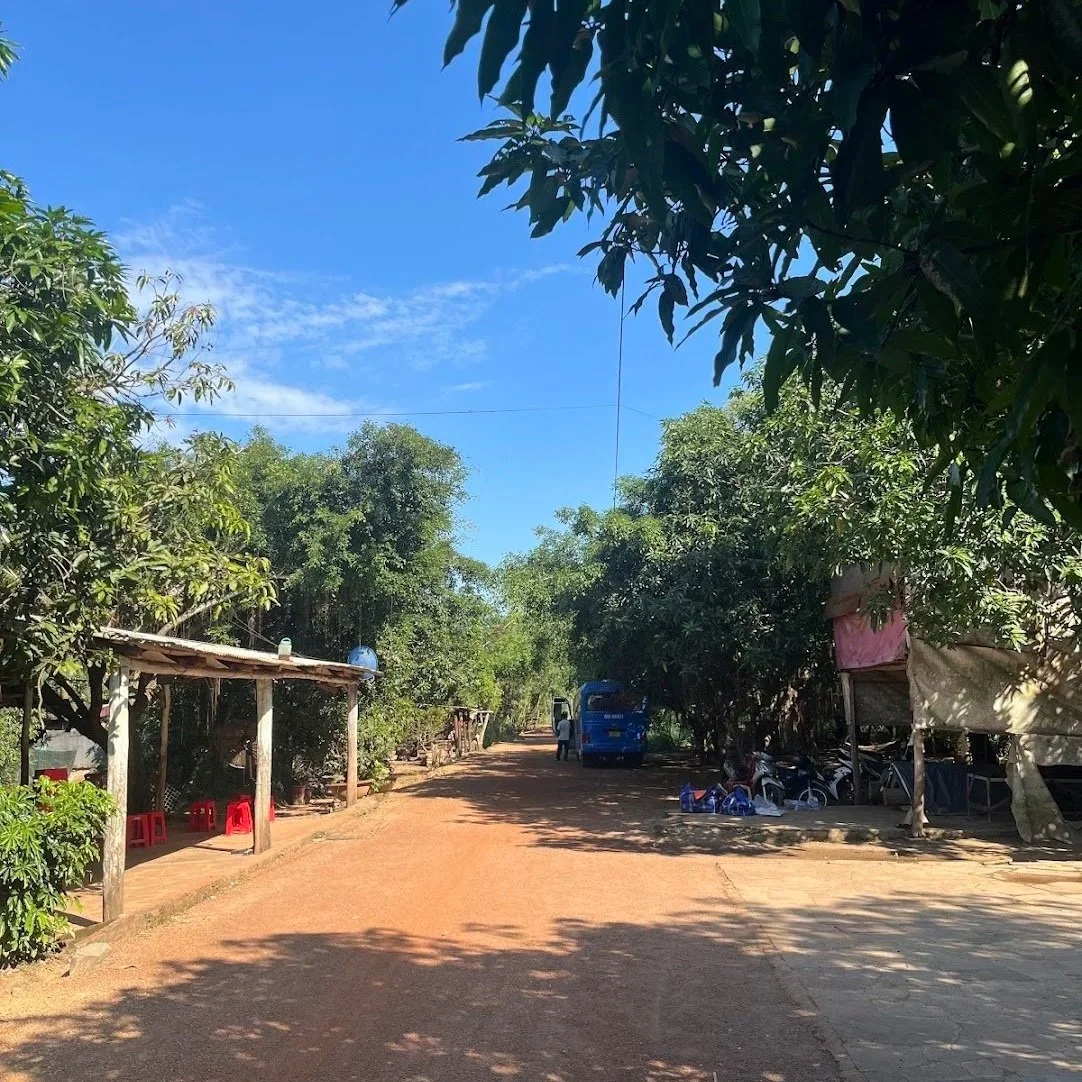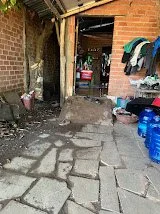Reflections on Voluntourism in Ma Da, Vietnam
Every year, my school sends the entire 11th grade cohort on a heavily subsidised, 5 day service trip to various parts of Southeast Asia and East Asia. This wasn't simply a tropical vacation — the trip’s ultimate purpose was one of service. Sent to different parts of Vietnam, Thailand, China, Cambodia and Indonesia, we students were ambassadors of hope, relief, and charity, sent to alleviate the problems of the local rural communities. Or at least, that was the goal.
I was more than pumped. I was going to Vietnam with my friends, and it sounded absolutely amazing to contribute on the grassroots level to assist the rural community of Ma-Da with their problems. However, this wasn’t exactly the case.
Arriving by bus to the local community of the Dong Nai Province, my senses were first assaulted by the billowing cloud of dust kicked up by the exhaust pipes of the bus as it left us. But the dust was everywhere. It permeated every facet and every aspect of the village, from the reddish-dust of the dirt road to the layer of filth on every roof. More shocking was the state of the village. To say it was a far cry from the gleaming, polished buildings of Singapore’s skyscrapers would be an understatement, so completely oppositional was this village to the Singapore I had grown used to. An amalgamation of rickety wood, barn tin, brick, and patches of dirtied tarp, the village houses were a study in human ingenuity. In some cases, they barely had one room, with the same space purposed for the cooking, sleeping, or washing of 3 or more people.
Seeing the living circumstances that these people were living in, I felt a wave of helplessness crash over me. I felt it settle in the tension of my shoulders, and felt it curl like a viper around my throat. Suddenly, it felt hard to breathe. How could we as students even make a difference? What could we possibly do to meaningfully improve their lives?
Using a simple circuit toolkit, we installed lightbulbs and switches in the homes of the village. Armed with a hand drill and our wires, over the course of 2 days, we had finished installing solar-panelled lights in every single house. We had done it.
Afterwards, our teachers and guide showered us with praise and congratulations. Yet, the sense of accomplishment I thought would engulf me upon our success evaded me. I simply felt empty. As I walked around the village, I couldn’t help but feel an overwhelming sense of bitterness and guilt. Over the past two days in our seperate groups, we had taken over three hours to install two light bulbs in each home. We were extremely inefficient, slow, had required constant supervision, and even still, had made many mistakes. Moreover, the actual installation of the solar panel had required a professional hired by the volunteering organisation to complete.
Was this really the best way to help the local inhabitants of the village? Were the fumbling, inexperienced hands of high-schoolers who had never done this before really the most effective solution? And looming over these questions: Had we really even made a difference?
The answer, I think, is complicated. Yes, we had made a tangible difference: dozens of families no longer had to rely on candles and hand-held electric lamps. However, to me, this was a classic case of voluntourism. Each of us had spent over a thousand dollars on this trip to do jobs that experienced Vietnamese labourers could have done in a quarter of the time. The money, resources, and time that had been spent on our plane tickets, accomodation, food, and guides could have been used far more effectively invested in sustainable infrastructure for the villagers — instead of being used to make us and our school feel like we had done the job of saints.
However, I would be lying if I said that the trip wasn’t exceedingly fun. Over the 5 days, we also toured the bustling city of Ho Chin Minh, went on a nature hike, and goofed off in our hostel. It wasn’t that this trip was meaningless - We were immersed into the culture and traditions of Vietnam, my friends and I built meaningful bonds together, and we had definitely made an impact. However, the imbalance was glaring. We received praise, school credit, and countless social media stories, while the villagers received temporary assistance that could have been delivered more effectively, more sustainably, and with far less spectacle.
Before this trip, I had wholeheartedly believed in the importance of our mission and the genuine impact that we were making. Now, much less so.
On this trip, I was confronted with real poverty in a way I hadn’t been before, and it forced me to recognise the privilege I carry every day. I’ve learnt too, that crossing borders and taking a plane dosen’t necessarily translate to a difference made.



